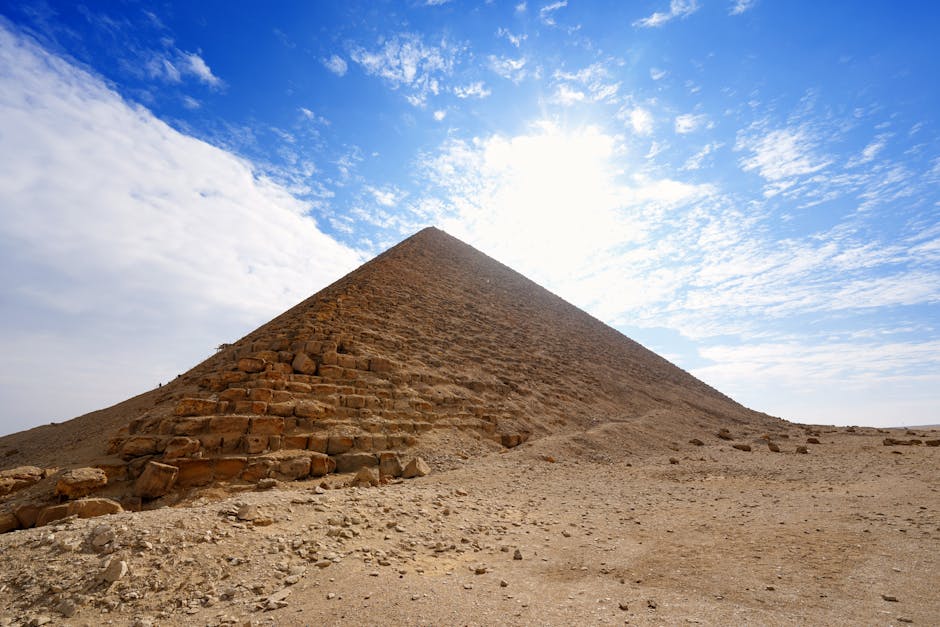History, a tapestry woven with threads of conflict, cooperation, and innovation, profoundly influences the intricate dance of global politics. From the rise and fall of empires to the spread of ideologies, past events cast long shadows over present-day international relations. Examining these echoes through the lens of history and archaeology reveals a complex interplay of factors shaping contemporary geopolitical landscapes.
A significant driver of global political change lies in the legacy of empires. The vast territorial holdings and administrative systems of entities like the Roman Empire, the Mongol Empire, and the British Empire left indelible marks. The Roman legal system, for instance, continues to influence modern legal frameworks in numerous countries. Archaeological discoveries of Roman infrastructure, like roads and aqueducts, provide physical evidence of the empire’s reach and impact on the societies it encountered. The legacy of imperial expansion, however, is not solely positive. Colonialism, a manifestation of imperial ambition, often resulted in enduring power imbalances and societal divisions that persist to this day, influencing the political landscape of former colonies and their former colonizers. The struggle for independence, the redrawing of borders, and the lasting economic inequalities are all direct consequences of these historical interactions.
Religious and ideological movements have also been instrumental in shaping global political dynamics. The rise of Christianity, Islam, and Buddhism, each with its own intricate doctrines and ethical systems, not only shaped cultural identities but also profoundly impacted political structures and alignments. The Crusades, for example, illustrate the powerful influence religious convictions can exert on international relations. Examining archaeological sites related to these periods, like the remains of Crusader castles, provides insights into the motivations and consequences of these conflicts. Further, the spread of Enlightenment ideas, advocating for reason and individual rights, profoundly impacted political thought and contributed to the rise of nationalism and subsequent independence movements across various continents. Modern ideologies like communism and fascism, with their roots in historical philosophical currents, continue to exert influence on contemporary political struggles.
Trade routes, meticulously charted by historians and archaeologists, have profoundly altered the political landscape. The Silk Road, for instance, was not simply a network for commerce; it facilitated the exchange of ideas, technologies, and cultures. Examining archaeological artifacts discovered along these trade routes, such as ancient coins and pottery, reveals the extent of interconnectedness between distant civilizations. The rise of global trade, spurred by these historical precedents, has in turn created a complex web of economic and political dependencies that continues to define international relations. Examining historical trade practices, through both archaeological discoveries and historical accounts, illuminates the economic and political mechanisms that fuelled the growth of empires and the shaping of alliances and rivalries.
Wars and conflicts, a recurring feature in human history, have undoubtedly reshaped global politics. The Napoleonic Wars, World War I, and World War II dramatically altered the global political order, leading to the rise of new powers, the redrawing of borders, and the creation of international organizations designed to prevent future conflicts. Analyzing the impact of these events necessitates not only the study of military strategies and outcomes but also the impact on civilian populations, as reflected in archaeological sites and historical records. The sheer scale of destruction, both physical and societal, left indelible marks on the political landscape, impacting the international norms and agreements that followed.
Technological innovations have also played a pivotal role in reshaping global politics. The invention of the printing press, for instance, facilitated the spread of ideas and contributed to the rise of nationalism and the Reformation. The development of the internet and modern communication technologies have further transformed international relations, enabling instantaneous communication and the emergence of new forms of political activism. Archaeological discoveries related to the development of these technologies provide valuable insights into the cultural and technological contexts that enabled these advancements.
Furthermore, the study of historical demographics, as revealed by archaeological research, provides a deeper understanding of the evolving relationship between societies and their environments. Understanding population shifts and migration patterns provides crucial insight into the factors that shaped territorial claims, cultural exchange, and the creation of different social and political structures. This information is indispensable in understanding why certain regions experienced prolonged periods of stability while others witnessed conflict or upheaval.
Examining historical events through a multifaceted approach, encompassing not only written sources but also archaeological finds, allows for a richer understanding of the complexities influencing global politics. Interpreting the past is not simply about recalling events; it is about recognizing the interconnected web of human experiences and actions that have shaped the world we inhabit. Studying the past through a global lens, recognizing the diverse cultural, economic, and political influences at play, allows us to discern patterns and anticipate potential trends in international relations. This nuanced approach enables us to recognize the echoes of the past, not simply as relics of the past but as vital components for understanding the present and charting a course for the future.
